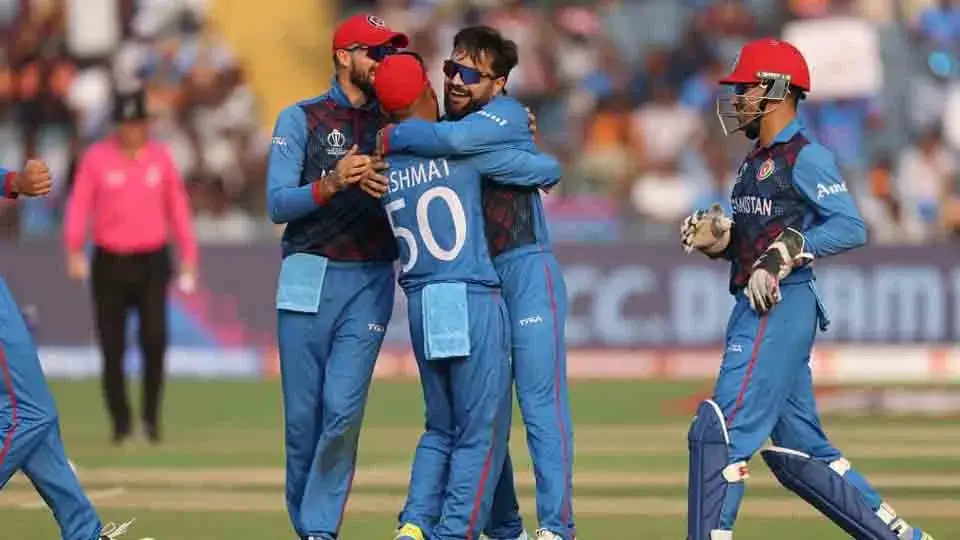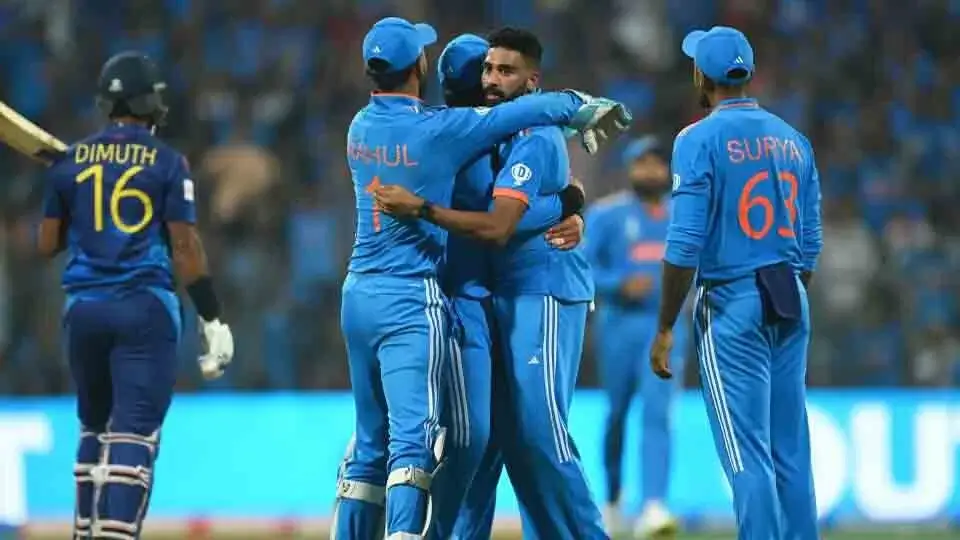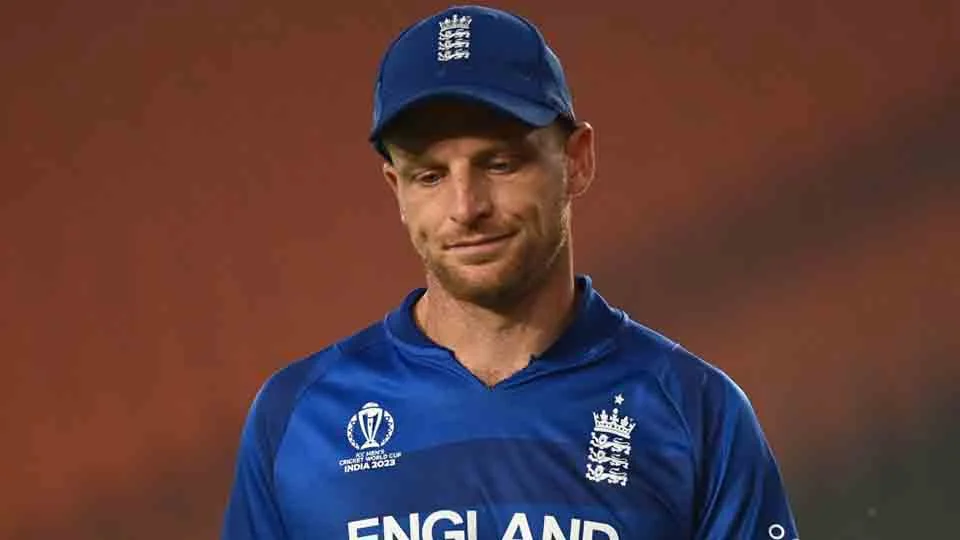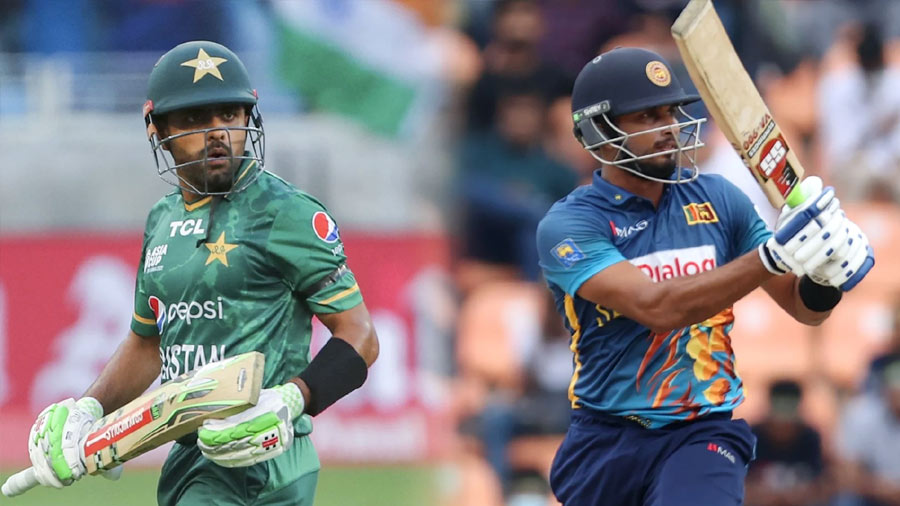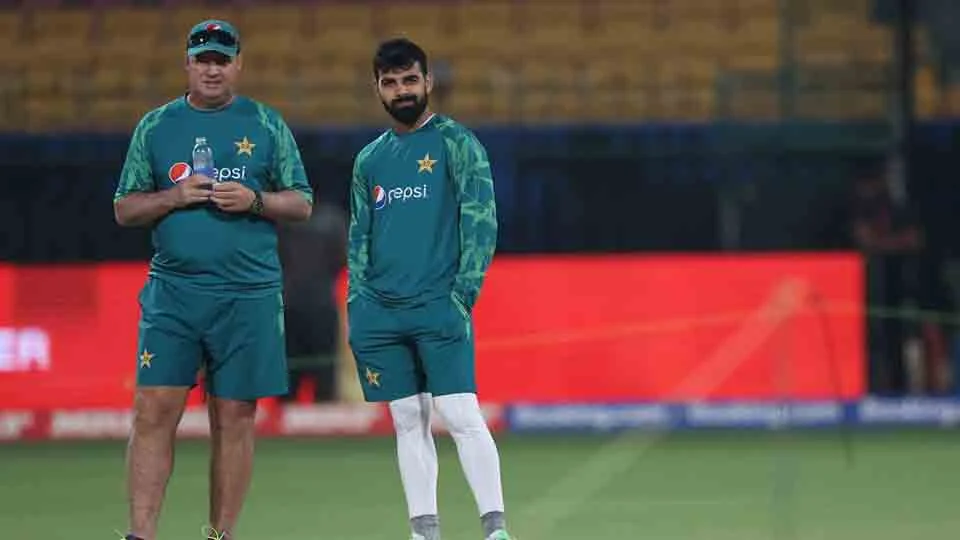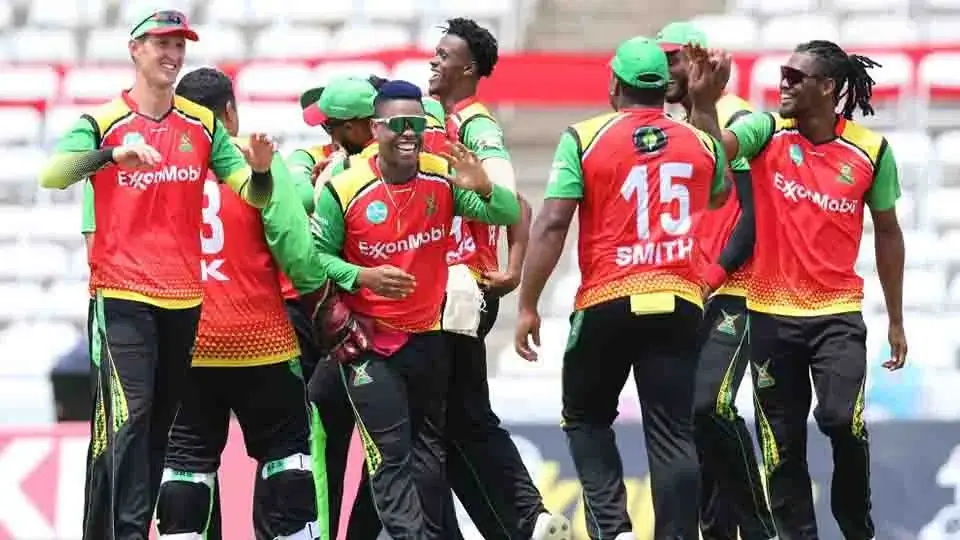
The Rise of T20 Leagues in Cricket: T20 Matches
Article Posted on 26 September, 2023
Introduction:
As an Economics student, I was taught that to optimize a business, private sector needs to be involved due to the difference in aims of both the public and private sectors. The private sector wants to make a business profitable and earn for themselves which leads to the business’s well-being.
Even though ICC is not necessarily a public sector company, its role in international cricket has been similar. Meanwhile, the rise of T20 leagues is somewhat identical to the theory of the private sector.
Start of T20 Leagues:
There are two background stories regarding T20 cricket. One outlines the commercial aspect and the famous story about the counties wanting to make the county cricket exciting and appealing for the young population. While formats like T20 were quite popular in the sub-continent due to the different settings in which cricket was being played, from Lahore’s baghs to Mumbai’s maidaans. Different players from Pakistan’s early T20 teams in the 2007-2009 period have also credited their success in the format to tape-ball and Ramadan Cricket.
In 2008 started what was a revolution and changed the landscape of the sport we all love, League cricket. IPL was the first T20 league to actually make it. There were a few leagues that started here and there but could not really materialize like the Indian Cricket League.
With the business model of mixing Bollywood and Cricket, making a complete entertainment package for the Indian public, it did wonders for the Indian cricketers. Many cricketers credit IPL for their journey towards international cricket and not just Indians. BCCI and other stakeholders spread the league cricket in different after seeing the success of IPL, now India holds region-based T20 leagues in different states e.g. Tamil Nadu Premier League, Karnataka Premier League and 2023 saw an addition in the shape of Maharastra Premier League as well.
Australia and Bangladesh have also set up quite successful T20 leagues along with West Indian states as well. With dozens of leagues around the world now, it is said that league cricket might shadow international cricket.
Fostering Cricket's Future:
Until a couple of years ago, most of the “freelance” cricketers, or T20 league specialist cricketers were either from the West Indies or Kolpak cricketers. Lately, we have seen many international careers being shortened or sidelined due to T20 Cricket.
Trent Boult recently turned down NZC’s offer for a central contract, which allowed him to play in any league he wanted. It is rumoured that NOCs for T20 leagues are one of the main points in the central contract negotiations between PCB and the Pakistani players, especially after Shaheen Shah Afridi’s record-breaking deal in ILT20 for three years.
The number of T20 leagues is just increasing every year – in 2023, SA20 and ILT20 started and this year MLC started as well as ZimAfro T10. The demand for players from all the countries is just increasing and because of international cricket and overlapping between leagues as well, uncapped players and players from associate nations also get the chance to play in an overseas T20 league.
What a few years ago was the typical English summer with Tests at Lord’s or Oval, now its the T20 summer with 6 different T20 leagues in the months of July and August. Half of 2023 has passed and players like Rashid Khan, Nicholas Pooran and Faf Du Plessis have played in about 5 T20 competitions all over the world this year and this doesn’t include T20Is! The T20 league calendar so far looks like this:

This calendar does not include T20 domestic competitions except Blast like the National T20 Cup or Syed Mushtaq Ali Trophy or CSA T20 Challenge as well as regional T20 tournaments like TNPL and KPL, still, there are only two months without any T20 tournament.
What are Leagues doing for Cricket:
In Pakistan, most of the stakeholders in cricket, are 50+, be it the PCB chairmen, or the Patrons. Mostly, people of that age group do not like the concept of T20 Leagues, even that is changing nowadays. However, what T20 leagues are doing in terms of spreading the sport is notable. There are T20 leagues in regions like Canada and the USA, where they don’t have quite settled domestic systems or enough opportunities at the international level.
One of the examples of this can be Harsh Thaker’s podcast with the Backward Point Podcast, where he said how Fakhar Zaman asking him for feedback made him starstruck. When players like Harsh Thaker share the dressing room with players like Fakhar Zaman and Mohammad Rizwan, it is a huge opportunity for them to learn from well-known international players.
Even in PSL, when Rashid Khan came to Lahore Qalandars, or when sir Viv Richards was part of the Quetta Gladiators dressing room, it provided a big opportunity for the youngsters in those teams, you can see it from their interviews as well.
Recently, Ashwin tweeted how UAE defeating New Zealand showed what franchise cricket is doing. Even though the topic is not really relevant to the series mentioned, the tweet is somewhat correct. Rashid Khan and other Afghanistan players came through the ranks of franchise cricket as well.
Ever since Mohammad Nabi and Rashid Khan got picked up in the IPL, Afghanistan’s cricket has had a boom, with their players also featuring in leagues such as the BBL, PSL, BPL, T20 Blast, and The Hundred, amongst others. Even the T10 League has had a massive effect, with their lead pacer Fazalhaq Farooqi becoming a mainstay of the Afghanistan side after his exploits for Delhi Bulls.
It is not rare to see Afghan youngsters having played a lot of franchise cricket before debuting for the national team. The likes of Noor Ahmad and Izharulhaq Naveed (yet to debut) are prominent examples. Franchise cricket has not only helped players to meet their financial needs but also provided them with regular game time, with Afghanistan not having the luxury of regular domestic or international cricket. It can be said that Afghanistan’s growing depth wouldn’t have been possible without franchise cricket.
T20 Cricket’s Impact across borders:
As mentioned earlier, the US and Canada have now started their T20 leagues which has already started results for them, especially in Canada’s case. Nepal also started a couple of T20 leagues, however, if it is something that continues, only time can tell. ILT20’s season 2 is also starting in early 2024 as well, with great signs for UAE cricket.
Not just their own leagues, cricketers from the smaller cricketing nations are also getting overseas gigs now, Josh Little has featured in LPL, SA20 and most recently, he was part of Manchester Originals in The Hundred.
Differentiation in T20 Leagues:
Mostly, when people look at T20 stats, especially career stats, they can be misleading. That is sometimes a player has mostly played in one T20 league because he was a local pick in that league, or sometimes because of the difference in quality of cricket being played in T20 Leagues.
The quality of cricket in leagues like BPL or BBL is not exactly similar to the quality of cricket being played in the PSL or IPL. Not all T20 cricket is quite the same. A bowler averaging below 19 in Big Bash might not be a suitable signing for a PSL or an IPL team, considering the difference in quality and conditions.
Statistics in T20 leagues should be calculated separately. However, the standard of cricket being played is a subjective metric. Maybe a much-awaited comeback of the now-defunct Champions League T20 can solve the problem here.
Possibility of Champions League T20:
There are certain concepts or businesses that were started before their time, the Champions League T20 is one of those, considering how it could be a huge success today, given how T20 cricket has evolved.
For example, in the last few years, teams like Karachi Kings and Lahore Qalandars have won the PSL, which would have qualified them for the Champions League T20, if it was still active. The difference in quality and finances from then and now is quite huge, with PSL and IPL franchises spending in millions on overseas players.
Conclusion:
In conclusion, T20 leagues are shaping the future of cricket in various ways. They are providing opportunities for players from smaller cricketing nations, helping cricketers gain exposure and experience, and contributing to the overall growth of the sport. While there are challenges such as differentiating the quality of cricket in various leagues, the potential revival of the Champions League T20 could address this issue. As T20 leagues continue to thrive and expand, they are likely to play an even more significant role in the development and globalization of cricket in the years to come.
